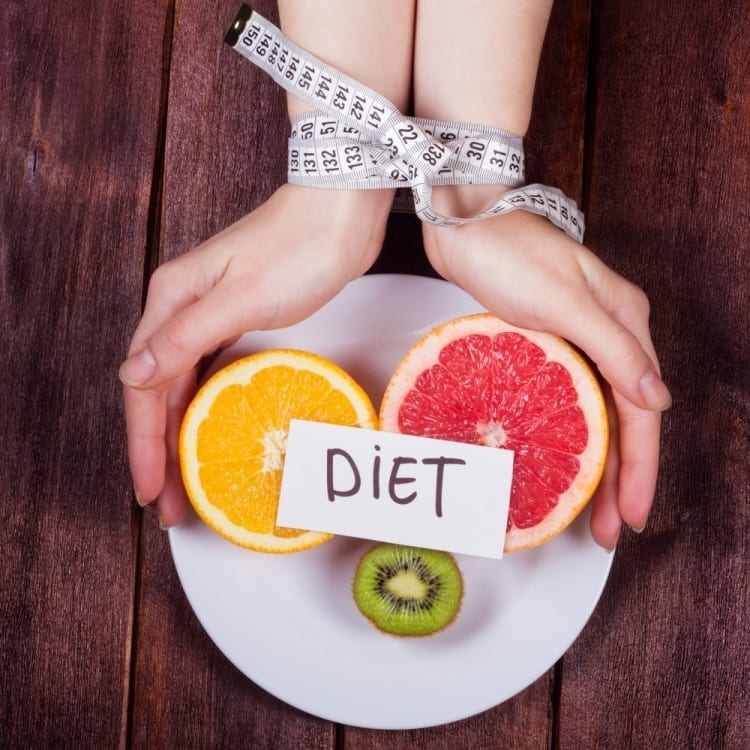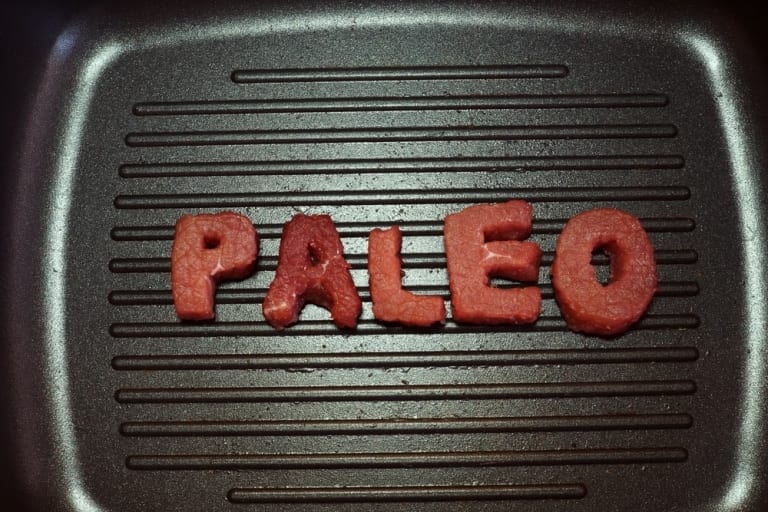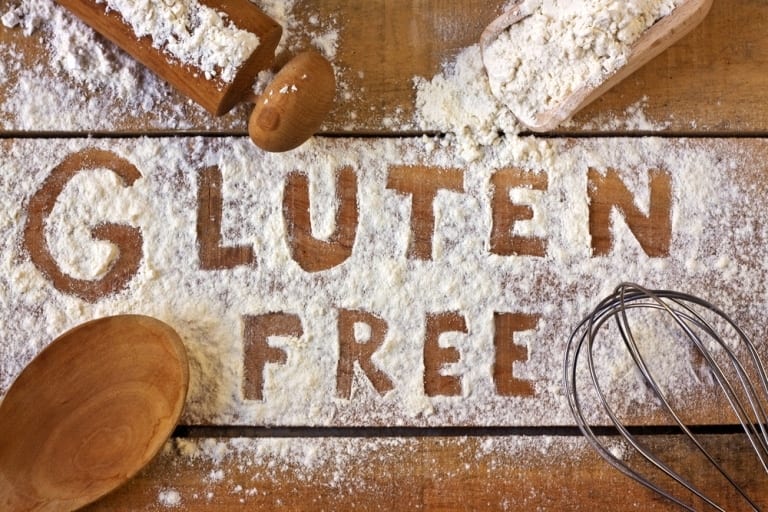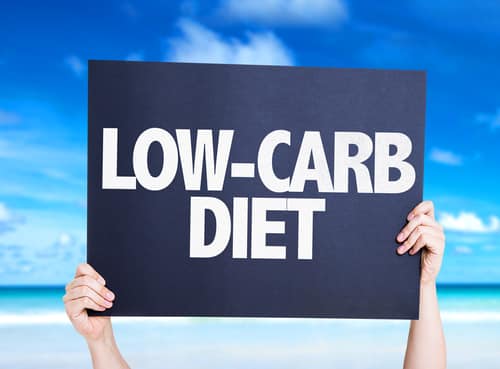
Fad diets are weight loss plans that promise quick and dramatic weight loss. Teens may be tempted by the idea of a diet that can help them lose weight fast. In wanting to look good and be popular, teenagers may overlook the fact that these diets can be dangerous. Examples of fad diets include low-carb diet plans, the grapefruit diet, the cookie diet, and the blood type diet.
Fad diets will appear to help some people lose lots of weight during the first few weeks. But this is usually water weight. It’s pretty much physically impossible to lose more than 2-3 pounds per week, no matter what you do.
When someone loses ten pounds in ten days, it’s water weight loss, rather than fat, and it’s just another way of saying dehydration, self-induced. The pounds are still there, where they always were, and the minute you rehydrate the body, that weight comes right back on. Dehydration, by the way, can cause serious health problems and there is nothing good about doing a diet that causes one to lose fluids.

Because fad diets cut out certain food items or whole food groups, the dieter doesn’t get enough of certain vitamins and minerals. That can lead to anemia (not enough iron in the blood), or osteoporosis, a condition that makes bones break easily.
Of course, it’s also dangerous to be overweight. Losing weight can be lifesaving in the case where someone is very heavy. So how is one to know the difference between a good diet and a fad diet?

How to Spot Fad Diets
Here are some signs that the diet you’re considering is a fad diet:
- Promises huge weight loss in a short period of time, for example “Drop 10 pounds in one week, guaranteed.”
- Claims diet works with no exercise needed
- Certain foods are never allowed
- Foods are called “good” or “bad”
- Special foods are needed that are hard to find or can only be bought in certain shops
Teens are vulnerable to these messages in their desperation to fit in with their friends. It doesn’t help that advertisers tell us these diets make it easy to lose weight. We would all like an easier way to do what we need to do for our health. But the common sense approach to losing weight remains cutting back on the amount of food we eat; eating healthy foods from all the food groups; and doing things that keep us active and burning calories, for example, exercising.

8 Reasons Fad Diets Seriously Suck
Still not convinced that “fad” rhymes with “bad” for a reason? Here are eight reasons not to fad diet:
- Fad diets make you gain weight. A study by the University of Minnesota, found that teens that fad-dieted gained more weight over time.
- Fad diets cause malnutrition. Teens are still growing. Fad dieting often means cutting out foods or food groups that give teens the nutrients they need to grow.
- Fad diets bring on dehydration. Teens think the diet is working because the scale says they’ve lost weight. But it’s simple dehydration caused by putting the body into shock through malnutrition and/or cutting out protein. You can lose ten pounds this way, and none of those pounds are fat. The pounds won’t stay off, but you’ll get pretty sick.
- Fad dieting increases cravings. Crash diets rely on willpower. It’s like you’re testing yourself: how long can I go without eating potato chips? The minute the goal is achieved, you run for the food you forced yourself not to eat while dieting. This turns the unhealthy food into a reward for losing weight. If that sounds like it doesn’t make sense, it doesn’t. Fad diets build bad associations with food. Food should never be seen as a reward. Food is fuel for the body.
- Fad dieting makes you feel bad. Fad dieting can cause diarrhea, irregular heartbeat, headaches, dehydration, fatigue, dizziness, constipation, nausea, and vomiting.
- Fad diets can make you sick. Crash diets rob your body of vitamins and minerals and may actually make you sick with anemia or osteoporosis.
- Fad diets are a sneaky trick. The people who plug these diets make teens think that if only they’d lose weight by cutting out a food or adding a food, they’d look better and have more friends. Again, food is fuel for the body. Eating right is part of a healthy lifestyle.
- Fad diets can lead to eating disorders. Fad diets set you up for quick water weight loss followed by weight gain. As the number on the scale creeps back up, a teen can become anxious and try ever stricter diets with the need to diet and restrict food becoming a compulsion, and turning into anorexia or bulimia.
